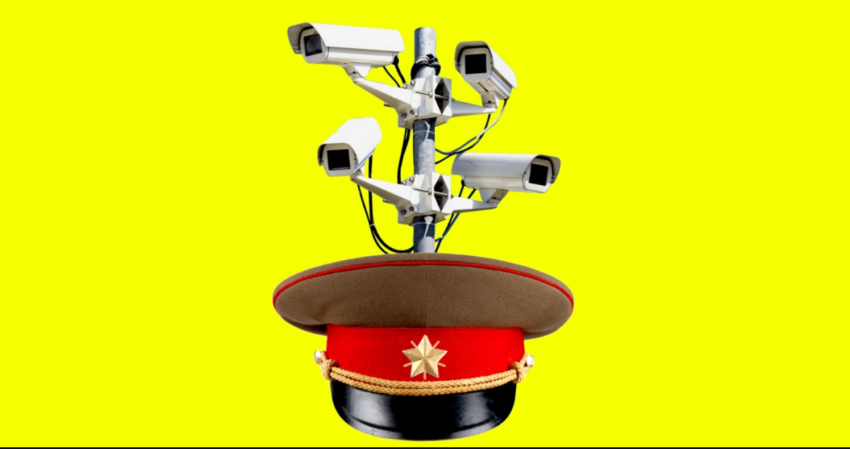Is the federal government aiding surveillance technology sales to authoritarian governments? A government subagency has withheld information from Sen. Ron Wyden (D-Ore.).
Wyden wrote to the International Trade Administration (ITA), a Department of Commerce subagency, on Saturday to inquire about its involvement in assisting US corporations export surveillance technologies. Wyden, a privacy-minded senator who leads the Senate Finance Committee, said that he had been seeking a response since last summer.
In August 2022, the ITA told Wyden it “assists” surveillance technology businesses. Wyden adds that when questioned, the subagency “did not provide details on these activities” or the precise aid ITA has provided due to “unspecified legal barriers to revealing more [information].”
ITA’s website claims it will assist enterprises compete in overseas markets in “Steel” and “Aerospace and Defense.” However, authoritarian countries seeking to restrict civil freedoms are possible buyers.

The ITA suggested surveillance and security markets in Honduras, the Philippines, and India.
Amnesty International has cautioned that India’s rising thirst for monitoring technologies might damage Muslims, especially given the country’s heightened persecution. The ITA did not highlight this persecution in its India market intelligence post.
Instead, the ITA advised US corporations in February that the “surveillance systems market in India is growing” and “provides opportunities for U.S. exporters.” Another report on “India’s surveillance and security market” observed “huge opportunities for U.S. companies” and that “surveillance systems are in demand across all sectors.”
Honduran surveillance has maintained governmental power and the drug trade. In 2021, ITA said that security technology businesses can benefit from the country’s ambition to minimize violence and crime.
Philippines President Rodrigo Duterte has employed monitoring technologies for years, perhaps violating human rights. In 2020, ITA touted the Filipino market as “an opportunity in projects that require high-end, advanced, and sophisticated technology such as airport security screening solutions.”
The ITA encourages US security and surveillance companies to contact agency officials to “learn about the security and technology opportunities” in Honduras and “further information” in the Philippines and India, providing emails for specific staff.
Wyden said that at the March meeting, the ITA referenced a guideline that would govern how the subagency’s personnel would “interact with surveillance technology providers going forward,” but he was not given details.
ITA did not remark.
The Biden administration supported the 2021 U.S.-EU Trade and Technology Council Joint Statement, which calls for the “deployment of new technologies in ways that… respect universal human rights” and “upholding freedom of expression and privacy rights,” among other protections.
“Given the [Biden] Administration’s stated interest in limiting the human rights abuses made possible by these technologies, ITA must be transparent about its past and current promotion of these technologies abroad.

